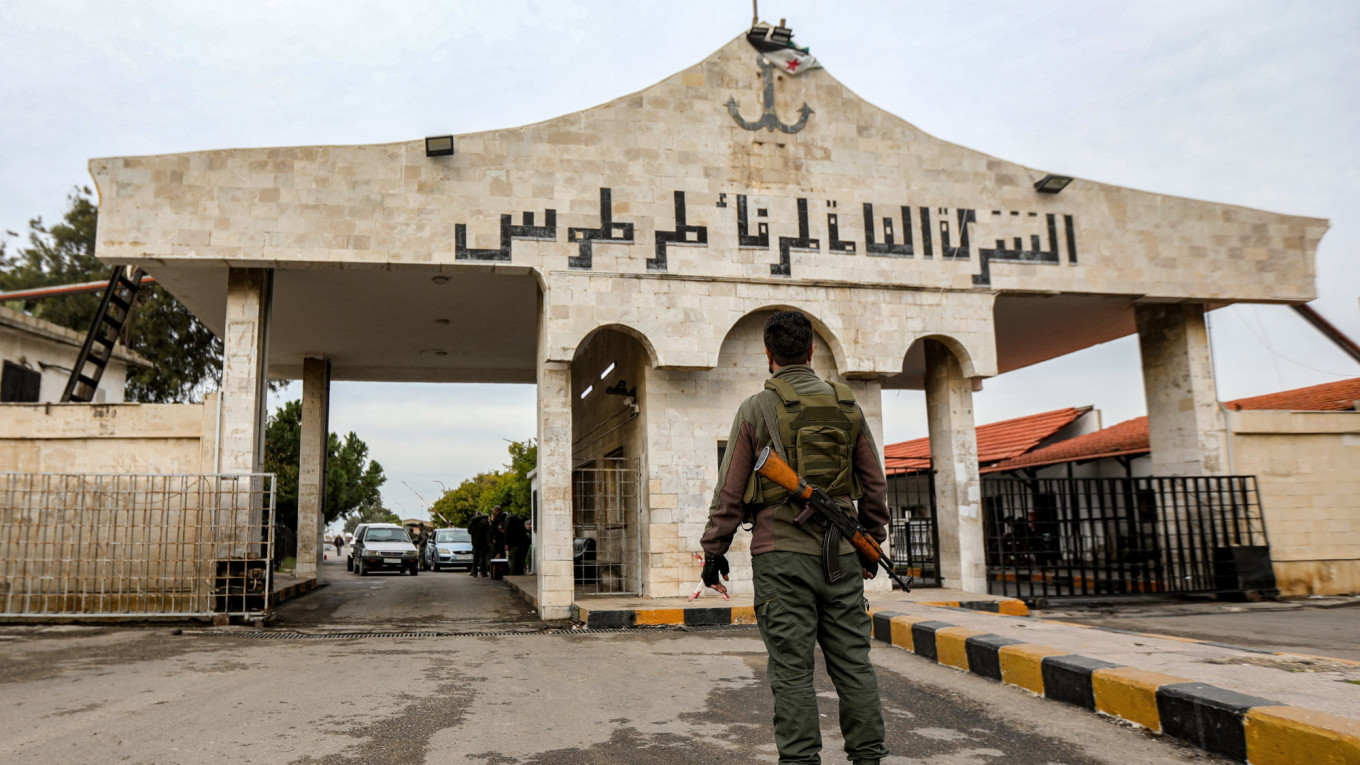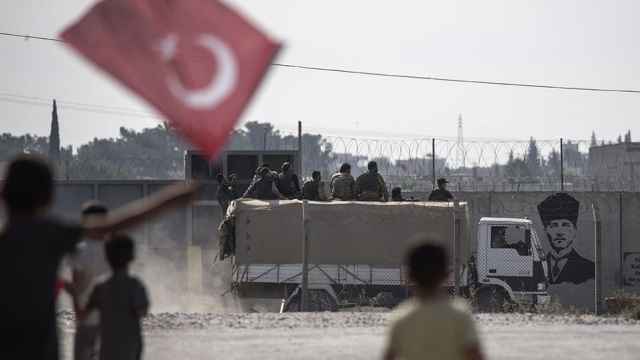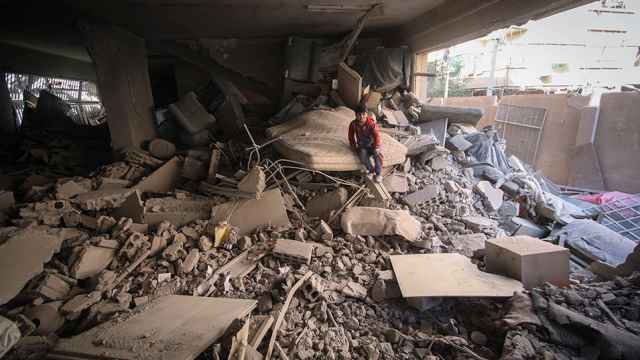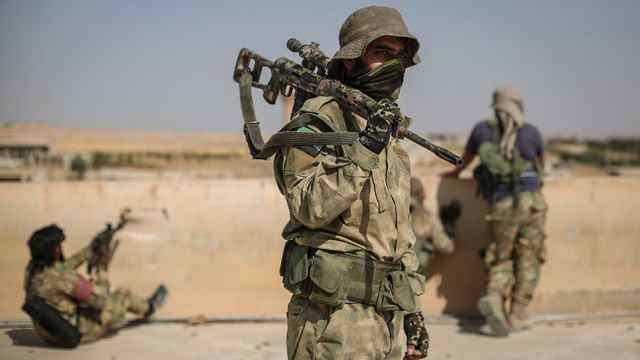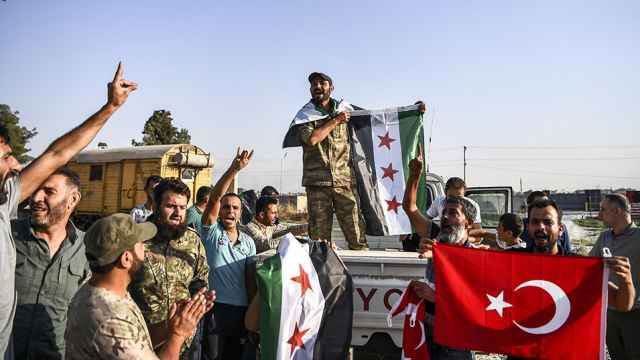Russian troops were loading a truck at the entrance to the port they control in the Syrian city of Tartus on Monday, while Islamist fighters manned a nearby checkpoint.
Troops loyal to Syria's new interim government, led by the opposition faction Hayat Tahrir al-Sham (HTS), now man the entrance gateway to the port in Tartus.
But they told AFP they were under orders not to approach the Russian forces, whose flag still flies over a military enclave in the terminal that has been controlled by Moscow since the Soviet era.
There, Russian troops could be seen on Monday sand and rubble into a truck at their first checkpoint.
Further away, a queue of more than a dozen trucks and armored vehicles in Russian colors lined a wharf.
Journalists from AFP were warned by HTS fighters not to approach too closely.
The former rebels were bitter foes of the Russians while they were supporting Bashar al-Assad's regime, which was overthrown just over a week ago in a lightning offensive.
The HTS fighters said that two days ago a four-person senior delegation from the new government, accompanied by a translator and an Assad-era port official had met the Russians.
But when a group of local troops had approached them on Sunday the Russians appeared to ready their weapons, without raising them aggressively.
"We've been given orders to stay away from them for now," one fighter told AFP on condition of anonymity.
Earlier Monday, the Kremlin admitted that the fate of its remaining bases in Syria was unclear.
"There are no final decisions on this," Kremlin spokesman Dmitry Peskov told reporters on Monday.
"We are in contact with representatives of the forces that now control the situation in the country," he added.
The Tartus naval base and Khmeimim air base are Russia's only military outposts outside the former Soviet Union and have been key to the Kremlin's activities in Africa and the Middle East.
Russia said Sunday it had evacuated some of its diplomatic staff from the country.
A Message from The Moscow Times:
Dear readers,
We are facing unprecedented challenges. Russia's Prosecutor General's Office has designated The Moscow Times as an "undesirable" organization, criminalizing our work and putting our staff at risk of prosecution. This follows our earlier unjust labeling as a "foreign agent."
These actions are direct attempts to silence independent journalism in Russia. The authorities claim our work "discredits the decisions of the Russian leadership." We see things differently: we strive to provide accurate, unbiased reporting on Russia.
We, the journalists of The Moscow Times, refuse to be silenced. But to continue our work, we need your help.
Your support, no matter how small, makes a world of difference. If you can, please support us monthly starting from just $2. It's quick to set up, and every contribution makes a significant impact.
By supporting The Moscow Times, you're defending open, independent journalism in the face of repression. Thank you for standing with us.
Remind me later.


